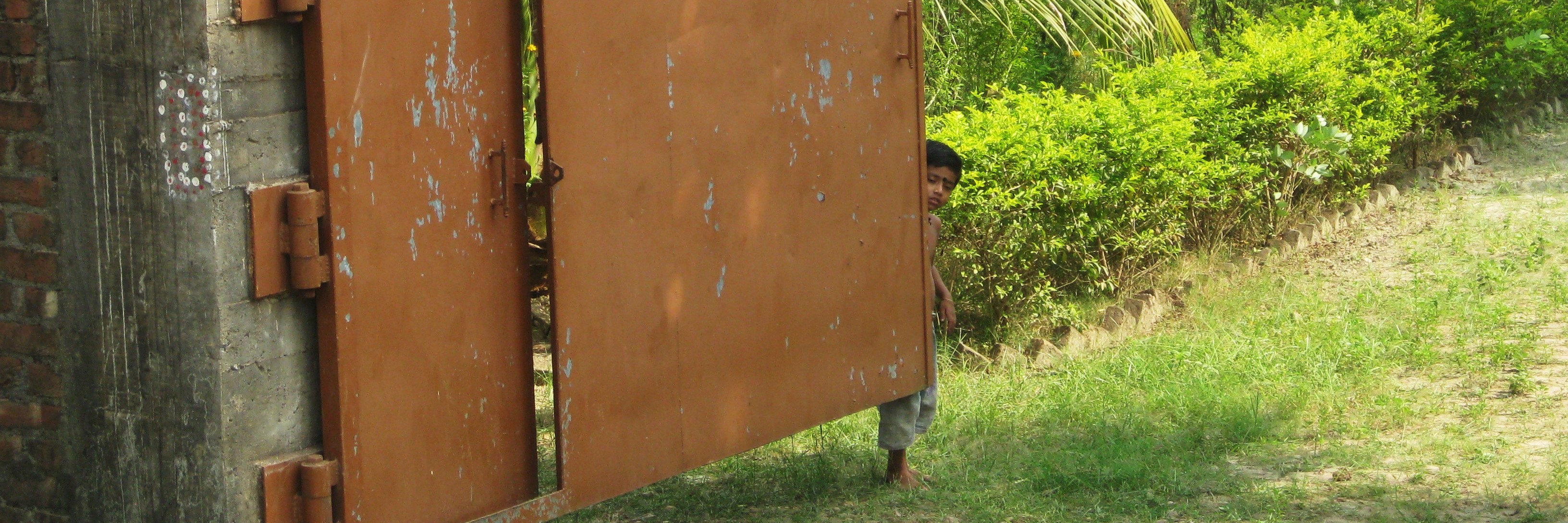That night, we pack our bags and prepare to leave Hotel Heaven. Later that evening, I have coffee with Seth, which – for all his musical tendencies – is kind of like having coffee with Jesus.
“The first time I came over to India, I was in a place in my own life, trying to understand from an ideological level, the poor and what Christian faith is supposed to look like and what kind of responsibility we have and what salvation is and all these different things,” he says.
“Jesus led a really interesting life. And the kinds of things he did aren’t always the type of things we associate with Christianity, or even Jesus. The gospel obviously, means the good news. And the gospel is the good news of the kingdom of God. The question is, what is the kingdom of God? And that was the question Jesus was answering. He would talk with people and say, ‘The kingdom of God is like this – it’s like a mustard seed. The kingdom of God is like 10 virgins. The Kingdom of God is like a banquet. The kingdom of God is like seed. The Kingdom of God is like a man who finds a treasure in a field.’ He was subversive to the common wisdom of the day. He said, ‘You’ve heard it said this…I’m telling you something else.’ That was particularly poignant when he talked about the poor.”









